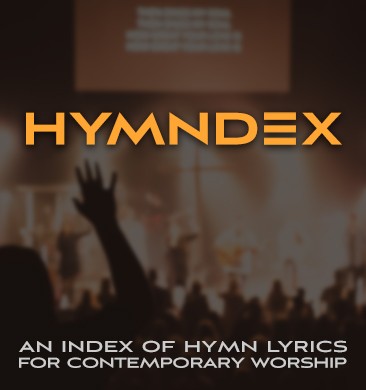Matt Smethurst says young people are discovering Reformed theology.
Seven years ago this fall, a young journalist named Collin Hansen wrote a cover story for Christianity Today titled “Young, Restless, Reformed: Calvinism Is Making a Comeback—and Shaking Up the Church.” In it he remarked:
Partly institutional and partly anecdotal, [the evidence for the resurgence] is something a variety of church leaders observe. While the Emergent “conversation” gets a lot of press for its appeal to the young, the new Reformed movement may be a larger and more pervasive phenomenon.
Two years later, Hansen released his movement-defining book Young, Restless, Reformed: A Journalist’s Journey with the New Calvinists (Crossway, 2008). Traveling to destinations like the Passion conference in Atlanta, Bethlehem Baptist Church in Minneapolis, Southern Seminary in Louisville, and Mars Hill Church in Seattle, he sought to tell the stories of young people discovering Reformed theology. (Hansen, now editorial director for The Gospel Coalition, has since reflected on the book and the movement here, here, and here.) One year earlier in 2007, Mark Dever proposed in a series of blog posts 10 factors that sparked this resurrection of Reformed theology among younger American evangelicals.
Now six years later, the “young, restless, Reformed” movement has only grown. The fact you’re presently reading The Gospel Coalition blog, which didn’t exist as recently as 2009, offers additional evidence. Last week, Dever dusted off his 2007 series and delivered it, with a few changes, as an hour-long lecture at Capitol Hill Baptist Church in Washington, D.C. “If there were so few self-conscious Calvinists in the 1950s,” the pastor-historian asks, “how did we get so many today?” In what follows I offer a taste of his non-exhaustive, roughly chronological attempt to answer that question—12 sources God has used to reinvigorate Reformed theology in this generation.
1. Charles Spurgeon
Dever likens the 19th-century Baptist preacher to an underground aquifer “bringing the nutrients of early generations to those after him.” Surprisingly, though, the “aquifers who brought Spurgeon to us” were countless 20th-century pastors—many of them anti-Calvinists—who enthusiastically commended his sermons. “If you keep being told to buy Spurgeon, eventually you’ll read Spurgeon,” Dever says. “And if you read Spurgeon, you’ll never be able to believe the charge that all Calvinists are hyper-Calvinists and cannot do evangelism or missions.” Indeed, the Prince of Preachers seemed about “as healthy and balanced as a Bible-believing Christian could be.” It’s an irony of history that many of the ministers who “now decry what young Calvinists believe are the ones who recommended Spurgeon to them.”








